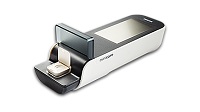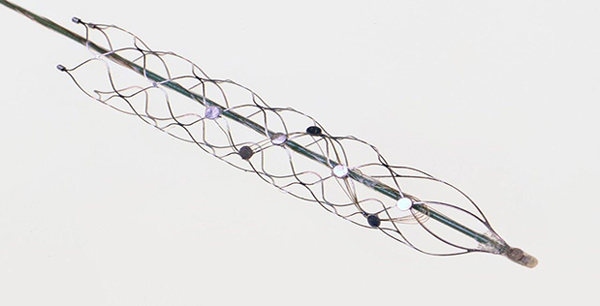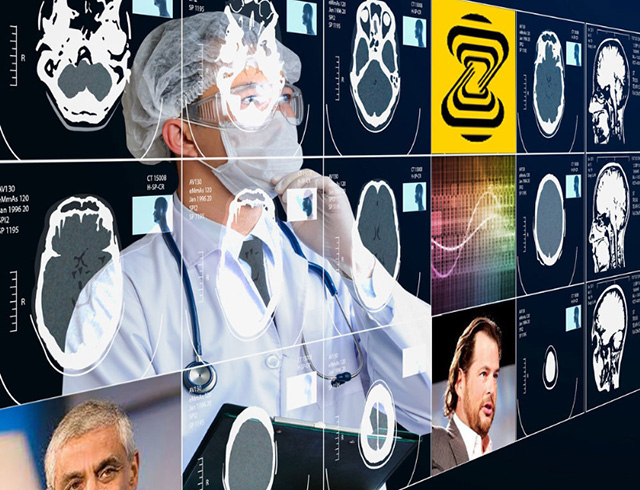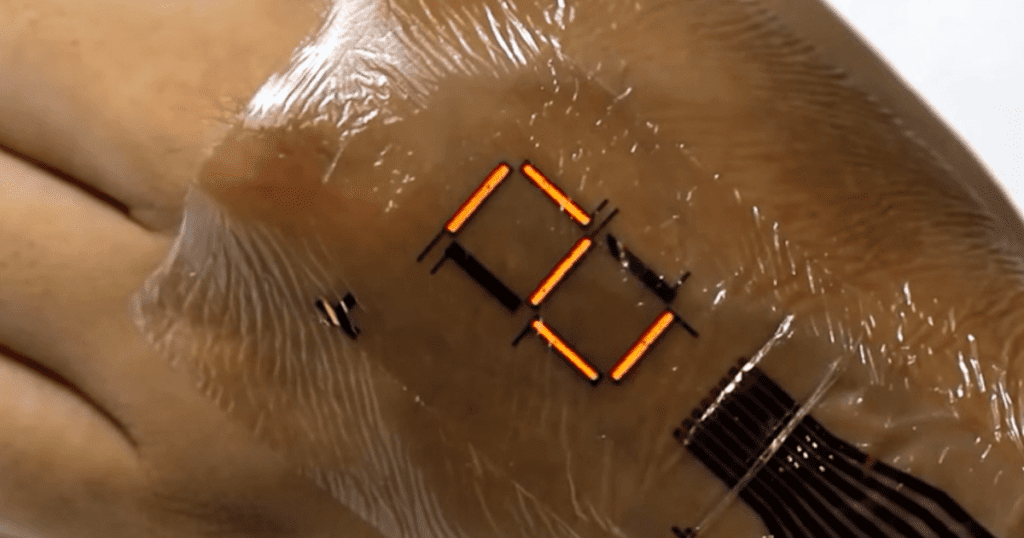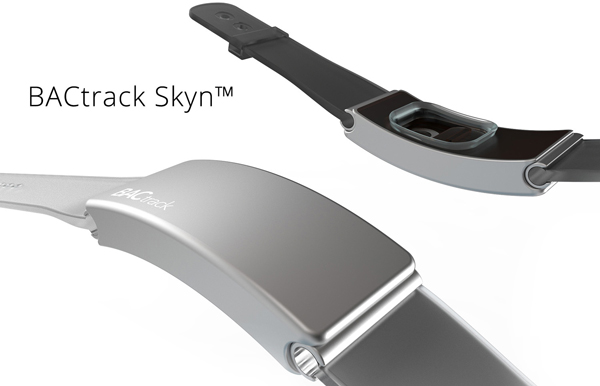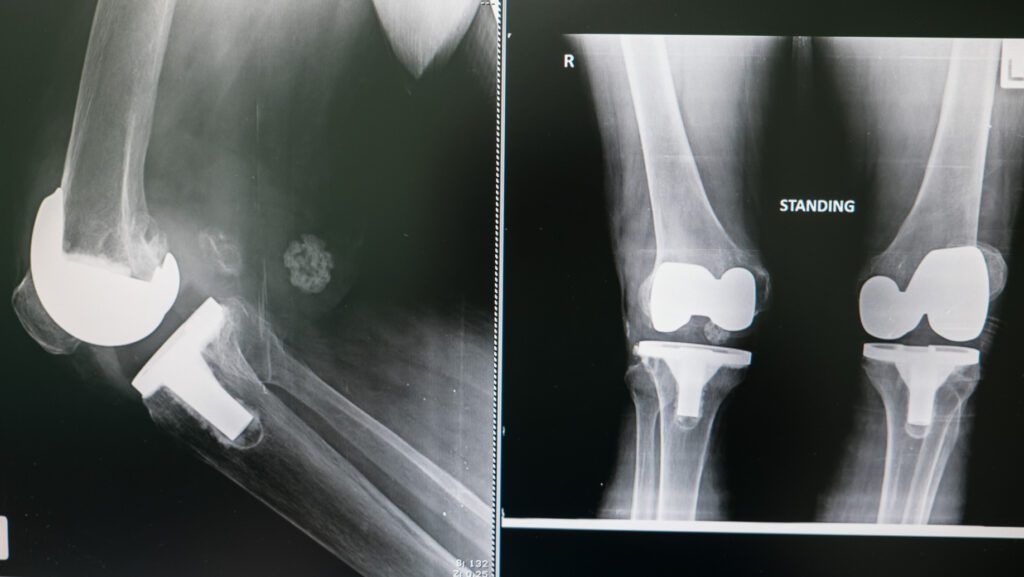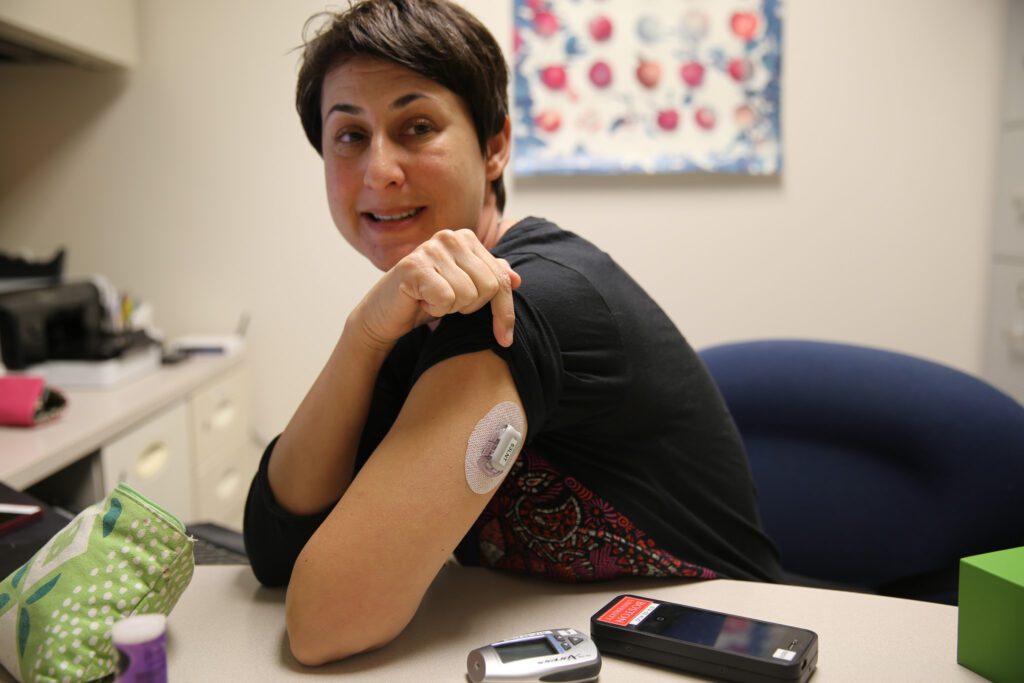Archive for May 2016
Dr. Henry Heimlich Uses His Maneuver At Retirement Home, Saves 87-Year-Old Woman
Dr. Henry Heimlich didn’t hesitate. When a fellow diner started choking, the 96-year-old was ready to perform the maneuver that he invented. This all happened Monday at an assisted-living facility in Cincinnati, The Cincinnati Enquirer reports. Resident Patty Ris, 87, had swallowed a piece of meat and was struggling to breathe. Perry Gaines, an employee…
Read MoreAI Robotic Assistants Popping Up in Legal Firms
Developed in conjunction with tech start-up RAVN, BLP’s ‘contract robot’ can complete legal work which would take a team of paralegals and associates months to do within seconds. It is currently assisting the firm’s real estate team. Called LONald, the robot extracts data from Land Registry documents and enters it into a spreadsheet in the…
Read MorePhilips Launches First Hand Held Heart Attack Diagnostic Device
Royal Philips ($PHG) has made moves on a couple of fronts this week. It launched its heart attack test for its handheld diagnostic device after gaining a CE mark. And it also successfully executed an IPO for its lighting business that valued the company at almost $4 billion. Philips sold 25% of Philips Lighting in…
Read MoreStentrode Brain Implant Helps People with Disorders and Disabilities Move
What do you get when you cross a stent with a bunch of electrodes? It is a “stentrode,” a minimally invasive brain implant made from off-the-shelf components to help patients with physical disabilities and neurological disorders to move their limbs. The size of a paper clip, the stentrode is the latest installment in DARPA-funded efforts…
Read MoreIntermountain Healthcare Invests Millions in Startup Zebra Medical
Intermountain Healthcare has invested $12 million in strategic funding with Zebra Medical Vision, an Israeli medical company. The partnership will accelerate the creation of Zebra’s imaging analytics engine and create neural networks that will use Zebra’s vast imaging dataset to assist radiologists with automated diagnostic algorithms. In addition to Intermountain, Zebra’s existing investors include Khosla…
Read MoreBionic Skin, Science Fiction or Real?
As the intersection of medicine and technology continues to blur the line between science fiction and real world science, a recent innovation in Tokyo has stirred excitement among medical professionals around the world. Takao Someya, a scientist at the University of Tokyo, has created a bionic skin, or an e-skin, that could revolutionize the field of…
Read MoreMeasure Blood Alcohol with a Fitness Tracker Like Device
A company that makes portable blood alcohol testers has won a national prize for a wearable version that looks like a fitness tracker and delivers results in near-real time. The San Francisco company, BACtrack, will receive $200,000 from the National Institute on Alcohol Abuse and Alcoholism (NIAAA) for its prototype entry, the BACtrack Skyn. The…
Read MoreSt. Jude Medical Stroke Prevention Device Recommended for FDA Approval
A group of doctors convened by the Food and Drug Administration decided Tuesday that a new St. Jude Medical heart device to prevent strokes appears safe and effective, after more than 13 years of U.S. clinical research for the Minnesota-invented gadget. By a 15-1 vote, the doctors on the panel said Tuesday that the long-running…
Read MoreA slick way to test artificial hip and knee joints
A new study suggests that natural proteins can be used to effectively test new replacement hip and knee joints in the laboratory. The work could help with improving design in order to reduce wear and tear and increase the lifespan of such prosthetics. Details are reported this week in the International Journal of Surface Science…
Read MoreWoman Hacks Medical Device and Makes an Artificial Pancreas
Algorithms are boring until your life depends on them. People with Type 1 diabetes use algorithms all day long. They perform mental calculations to manage their blood-sugar levels, which are measured by hand with a finger prick, or with a wearable sensor that fits under the skin. If they stray too far from baseline, the…
Read More


